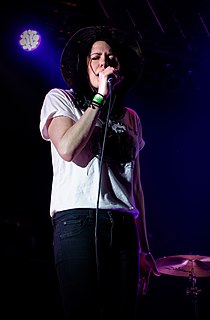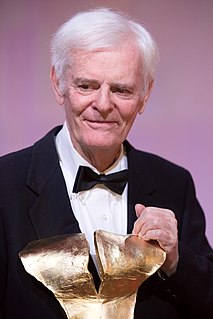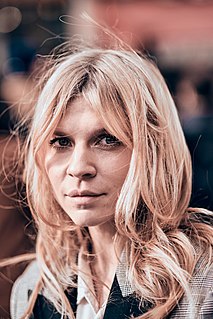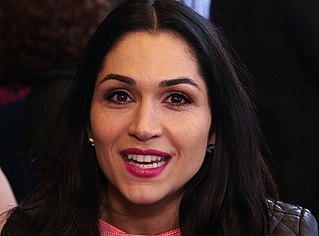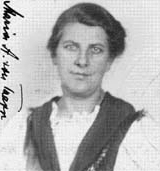A Quote by K. Flay
My dad was a serious alcoholic, and ultimately, that's why he died. When you're a child of someone who struggled with things like that, you look for the common thread. Is there a pattern? Is there an inheritance of pathology in some way? That haunts me.
Related Quotes
It's not enough to shelve your own competitive streak. You have to try, consciously, to help others succeed. Some people feel this is like shooting themselves in the foot - why aid someone else in creating a competitive advantage? I don't look at it that way. Helping someone else look good doesn't make me look worse. In fact, it often improves my own performance, particularly in stressful situations.
I’m not fascinated by people who smile all the time. What I find interesting is the way people look when they are lost in thought, when their face becomes angry or serious, when they bite their lip, the way they glance, the way they look down when they walk, when they are alone and smoking a cigarette, when they smirk, the way they half smile, the way they try and hold back tears, the way when their face says they want to say something but can’t, the way they look at someone they want or love… I love the way people look when they do these things. It’s… beautiful.
I think if you ask people why they watch me, there would be some common thread among all of them that I'm somewhat of an awkward older sister. I have a teen, mostly female demographic. How that happened, I don't know. But I think they see me as some sort of bizarre role model, and I'll keep trying to do that for them.
I think that there are many ways in which people look for heroes, messiahs, things like that in society. I think some people are looking for something that maybe they don't possess. To me, ultimately, you are looking for someone who understands you, or at least you think understands you. It all comes down to understanding for who we look to as heroes.
I try to structure albums in a pattern, like in a way where there's a motif that runs throughout or some kind of conceit that informs it in a general way. Maybe it's in a harmonic key. I like to go metastructural sometimes, like look at more than the three-minute passage and how that interacts with other pieces. And I've been increasingly interested in false starts and fraudulent beginnings, and things that don't reach their implied conclusions. I take an album and I kind of start moving things around like Jenga.
It will be very interesting one day to follow the pattern of our life as it is spread out like a beautiful tapestry. As long as we live here we see only the reverse side of the weaving, and very often the pattern, with its threads running wildly, doesn't seem to make sense. Some day, however, we shall understand. In looking back over the years we can discover how a red thread goes through the pattern of our life: the Will of God.
For me, a lot of Discipline was very personal writing, like writing through and working out being inside this gendered body and also the compulsions of the body, the muting of the mind as driven by the body. My father had died some years ago so he haunts the book too, just floats through it ghost-like. But, the writing of every book is different for me. They are so like living creatures, these books, so I don't know what's carried over into the writing of the next things - except maybe that I'm best when I make my writing practice a routine.
I love seeing somebody act real earnest and serious, like Jackie Gleason. He makes me laugh because he reflects back to me my own serious-mindedness and how ridiculous it all is. It's always easier to see somebody else in that position than yourself, and you laugh. It's like the classic slipping on the banana peel, or someone getting hit by a pie in the face. Why do those things make us laugh? Is it from relief, like: Thank God it wasn't me? Or is it something else: I'm being very serious now. I'm pontificating earnestly and solemnly about-POW! PIE IN THE FACE! The bust-up of certainty.
A friend of mine who writes history books said to me that he thought that the two creatures most to be pitied were the spider and the novelist - their lives hanging by a thread spun out of their own guts. But in some ways I think writers of fiction are the creatures most to be envied, because who else besides the spider is allowed to take that fragile thread and weave it into a pattern? What a gift of grace to be able to take the chaos from within and from it to create some semblance of order.
